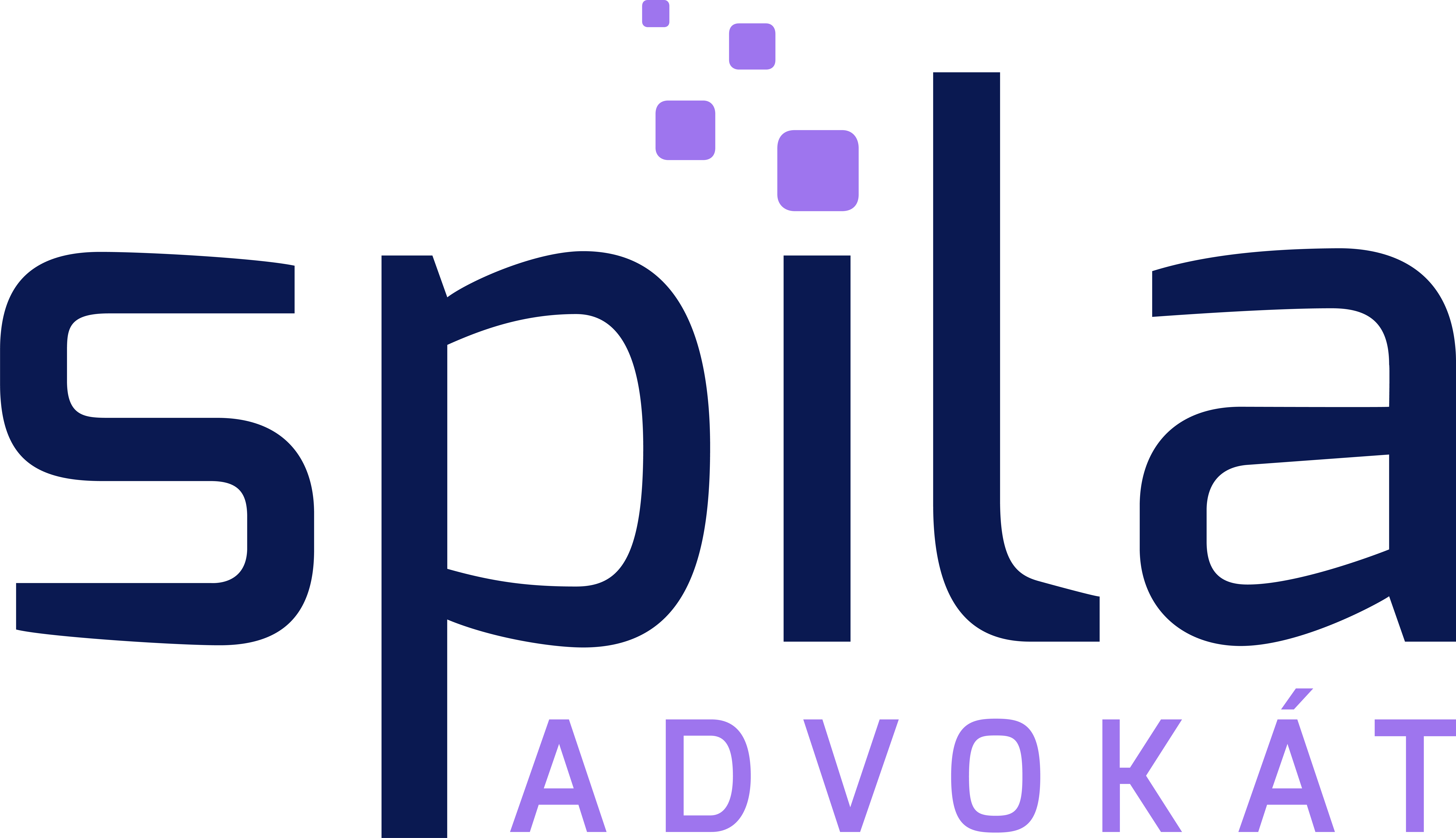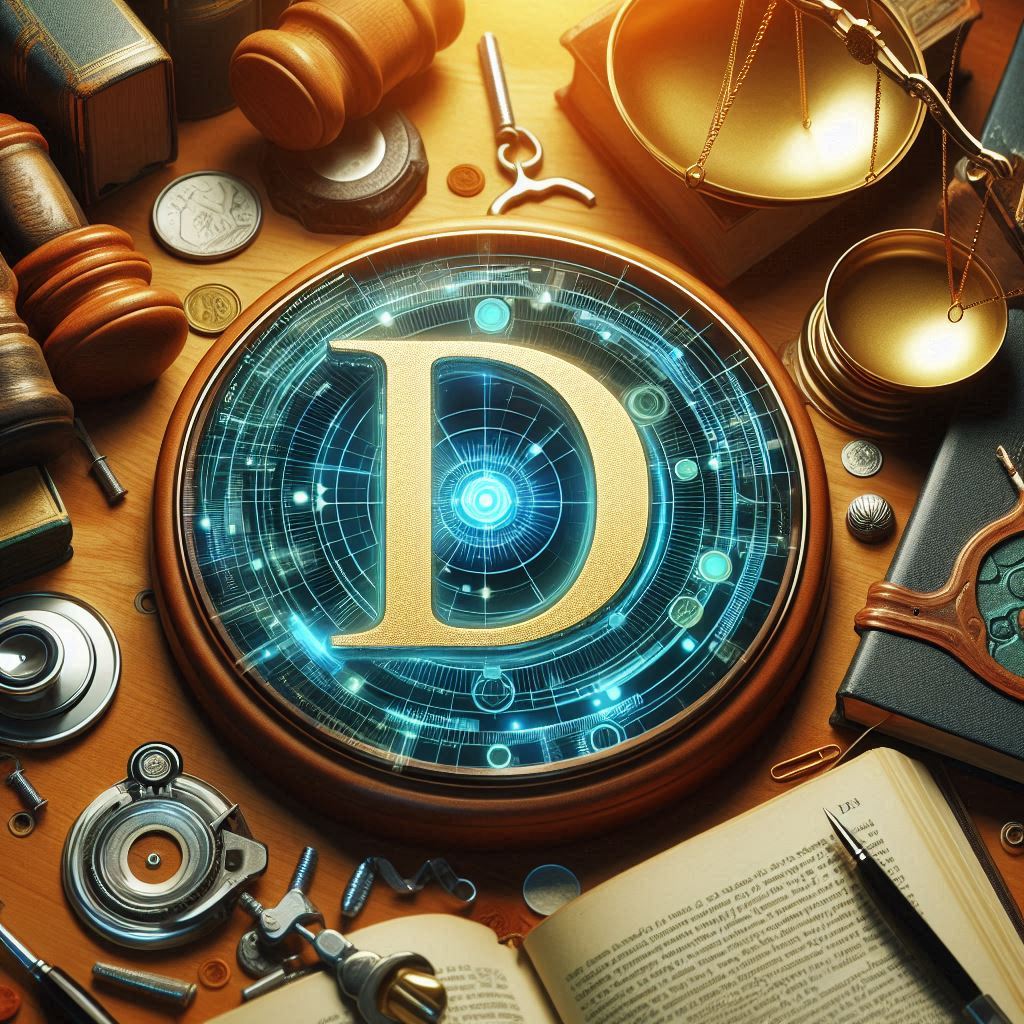Copyright Protection for Software Startups
Software startups are at the forefront of innovation, developing groundbreaking solutions to meet the evolving needs of businesses and consumers. In this digital age, protecting intellectual property (IP) is crucial for software startups to safeguard their innovations and maintain a competitive edge. In this article, we will explore the importance of copyright protection for software startups, discuss key considerations, and provide practical strategies to effectively protect their valuable software creations.
Understanding Copyright Protection for Software
Copyright serves as a critical tool for protecting original works of authorship, including software code. In the realm of software startups, copyright protection extends to the source code, architectural designs, user interfaces, and other creative elements. Understanding the fundamentals of copyright protection is vital for software startups to safeguard their software assets.
Determining Copyright Ownership
Determining copyright ownership in software can be complex, especially in startup environments where multiple contributors may be involved. We will discuss factors to consider, including employment agreements, independent contractor agreements, and the importance of documenting copyright ownership to avoid future disputes.
The Automatic Copyright Protection?
One advantage of copyright protection is that it arises automatically upon the creation of the software. We will explore the benefits of automatic copyright protection, including the ability to assert ownership, control usage, and take legal action against infringers.
Enhanced Copyright Protection
While copyright protection exists automatically, there are steps software startups can take to enhance and strengthen their copyright protection. We will discuss the following strategies:
While copyright protection exists without registration, registering software code with the appropriate copyright office provides additional legal benefits. We will outline the process of copyright registration, its advantages, and the protection it offers in case of infringement.
- Copyright Notices
Including copyright notices within software code, documentation, and user interfaces serves as a visible reminder to users and potential infringers that the software is protected by copyright. We will discuss the proper use and placement of copyright notices to reinforce copyright protection.
- Licensing and Terms of Use
Implementing licensing agreements and terms of use can help control the usage, distribution, and modification of software. We will explore the importance of well-drafted licensing agreements to maintain copyright protection and protect the startup’s interests.
- Confidentiality and Trade Secrets
In addition to copyright protection, software startups should also consider protecting their valuable trade secrets and confidential information. We will discuss the importance of implementing robust confidentiality measures to safeguard proprietary code and sensitive business information.
Enforcing Copyright Protection
Enforcement is a critical aspect of copyright protection. We will discuss proactive strategies for software startups to monitor and detect potential copyright infringements, including the use of automated tools and periodic audits. In case of infringement, we will explore the importance of sending cease-and-desist letters, pursuing legal action, and engaging with intellectual property attorneys.
Collaboration and Open Source Considerations
Software startups often engage in collaborations and may utilize open source components in their software development process. We will discuss the importance of understanding open source licenses, complying with their terms, and maintaining proper attribution while protecting the startup’s copyrighted code.
Záver
Copyright protection is an essential asset for software startups to safeguard their innovative software creations and maintain a competitive advantage. By understanding the fundamentals of copyright protection, determining ownership, registering copyrights, implementing licensing agreements, and enforcing their rights, software startups can effectively protect their software assets. Collaboration, open source compliance, and confidentiality measures further enhance copyright protection. Embracing copyright protection as a core aspect of their business strategy, software startups can inspire investor confidence, foster innovation, and navigate the evolving landscape of the technology industry.







